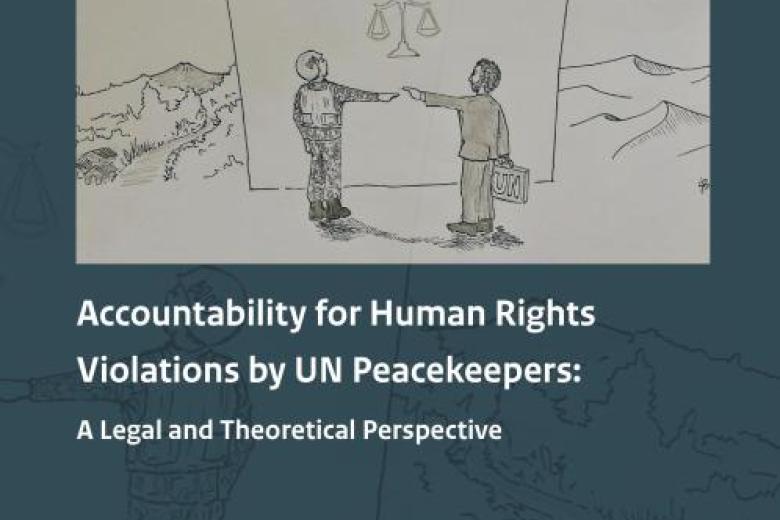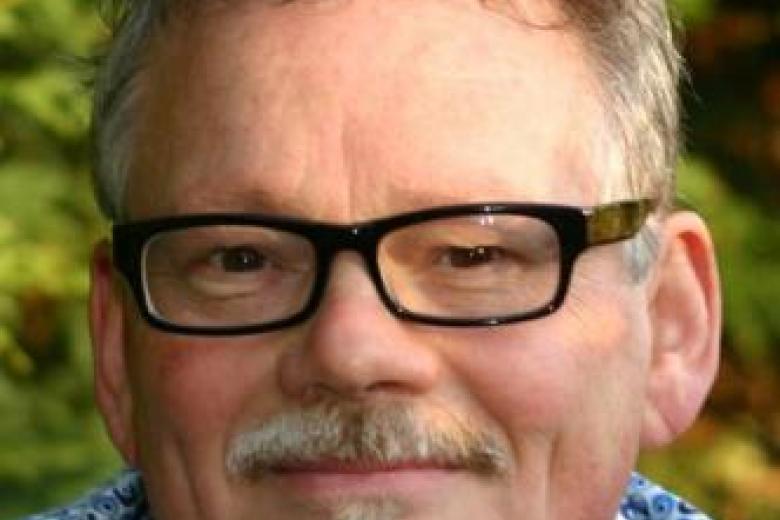Helping highly educated refugees find work is a win-win situation
A screaming labour shortage or not, a job is often not an option for highly qualified status holders. In 2020, for example, only 16 percent of the highly educated Syrian refugees had a job (compared to 81 percent of the highly educated Dutch).
One of those hopeful Syrians for whom finding a job within his field seemed hopeless is Ibraheem Jabr. The now 43-year-old lawyer fled the war to the Netherlands in 2016. After studying law, he worked for thirteen years as a legal advisor for various companies, including a large telecom company in the Syrian capital Damascus. In his last position as head of legal affairs, he managed fifteen people. However, despite his impressive CV and long service record, his attempts to work in the Netherlands as a lawyer, legal advisor or if need be as a legal assistant were unsuccessful.
Message on LinkedIn
Jabr is now working on his master's degree in international commercial law at Maastricht University. He posted a message on LinkedIn asking for an internship. It turned out to be a golden move: the municipality of Amsterdam had just started a project to prepare status holders with a legal background for a job in their field. Jabr was invited to participate, and the rest is history.
Read more on Intermediair (In Dutch)
Also read
-
Legal redress for victims of UN soldiers
“Wie als slachtoffer zijn recht zoekt, verdwaalt gemakkelijk in juristerij en een wereld waarin veel onbestraft blijft”, aldus Steven van de Put, promovendus aan de universiteit Maastricht. “Dit moet én kan anders. Het kan niet zo zijn dat individuen of groepen van individuen die iets ergs is...

-
Cross-border inter-organisational cooperation in crime control
The Netherlands Organisation for Scientific Research (NWO) has awarded a grant under the SGW open competition to a research proposal written by Prof Dr Math Noortmann (Institute for Transnational and Euregional cross border cooperation and Mobility / ITEM) and Prof Dr J.B.M. Koning (UM School of...

-
Conference Criminal Law: Globalized crime and criminal justice: European and international criminal law perspectives
This conference aims to compare and critically assess the developments in European Criminal Law and International Criminal Law. The conference sets out to analyse differences and similarities with regard to a variety of different aspects of criminal justice in a globalized world.
